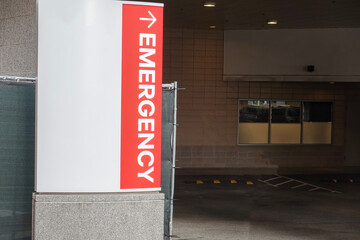Medical malpractice is a complex area of law, particularly when hospitals or healthcare facilities are involved. If you or a loved one has suffered harm due to the negligence of a hospital, you may wonder whether you can file a lawsuit to recover damages. Read this blog and reach out to the seasoned Bergen County medical malpractice lawyers here at Feitlin, Youngman, Karas & Gerson, LLC to learn more about hospital negligence and whether you may have a valid case. Here are some of the questions you may have:

What Is Hospital Negligence?
Hospital negligence occurs when a hospital, through its employees or policies, fails to meet the standard of care owed to patients, resulting in harm. This could involve errors by doctors, nurses, or other medical professionals employed by the hospital. For example, a hospital may be held liable for negligent hiring practices, understaffing, or failing to properly train its staff.
In New Jersey, hospitals are legally required to provide a certain standard of care to patients. When this standard is not met, and harm occurs as a direct result, the hospital could be considered negligent. Unlike individual medical malpractice claims against a specific doctor, suing a hospital often involves demonstrating systemic failures rather than isolated mistakes.
When Can You Sue a Hospital for Negligence?
Suing a hospital for negligence in New Jersey typically requires proof of several legal elements. They are as follows:
- Duty of Care: The hospital owed you a duty of care, which is an established legal obligation to provide competent medical treatment.
- Breach of Duty: The hospital failed to meet this duty through negligence, such as poor hiring practices, failure to maintain sanitary conditions, or understaffing.
- Causation: The hospital’s breach of duty directly caused your injury or worsened your condition.
- Damages: You suffered measurable harm, such as physical injury, emotional distress, or financial losses like medical bills and lost wages.
For instance, if a nurse employed by the hospital administers the wrong medication because of inadequate training, and you suffer severe complications as a result, you may have grounds to sue the hospital. Similarly, if a hospital’s understaffing leads to delays in critical care, causing your condition to worsen, this could also be a basis for a lawsuit.
What is the Statute of Limitations for Medical Malpractice Claims?
New Jersey has specific laws and procedural requirements that affect medical malpractice lawsuits, including those against hospitals. One critical aspect is the statute of limitations, which generally gives patients two years from the date of the injury—or the date the injury was discovered—to file a claim. Failing to meet this deadline can result in your case being dismissed, so timely action is essential.
If you have any additional questions about medical malpractice claims in New Jersey or you’re looking to file one, please don’t hesitate to contact our dedicated legal team today. We stand ready to fight for you, every step of the way.


